
Graduate Student Seminar Series
The Graduate Student Seminar Series provides an opportunity for graduate students at UD to share their research with the community at large.
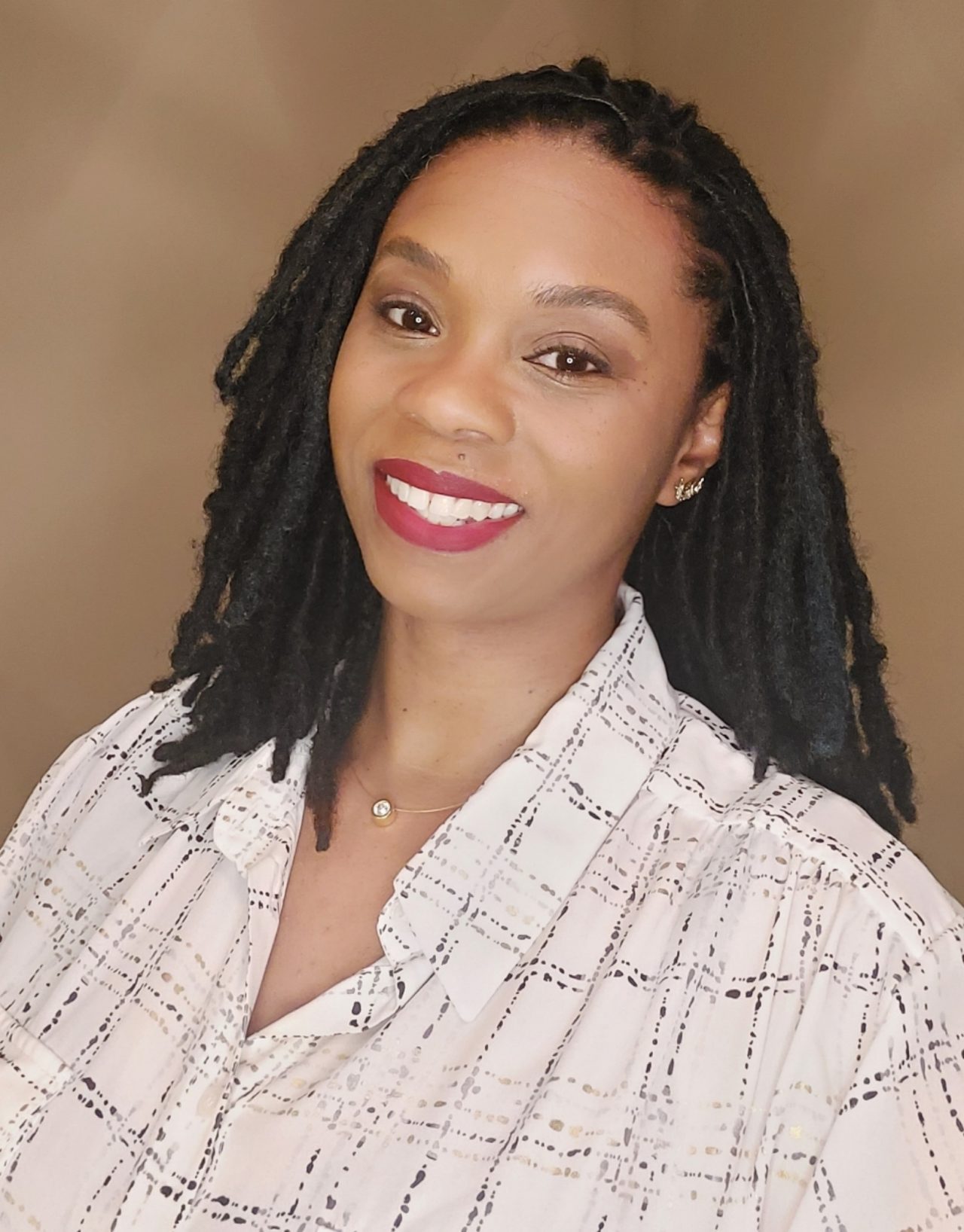
Black Women, Family, and Infertility
Infertility affects an estimated 12% of women in the United States. Black women experience infertility at higher rates and tend to wait longer to seek treatment. Black women are a population whose experiences are often missing from the literature and research examining family building and infertility in the United States. Jamel Hicks' research aims to highlight the gender, racial/ethnic, cultural and emotional experiences of Black women as they negotiate familial aspirations and challenges, and the lived experiences of middle/upper-income Black women facing fertility challenges.
Hicks is in her third and final year as a master's student in UD’s Department of Human Development and Family Sciences. She holds a BFA in dance with a minor in African American Studies and a nonprofit management master's, both from George Mason University. She is a former dancer and teacher and a current nonprofit professional who is an emerging blogger and advocate for Black reproductive health.
Her research interests include family and community and Black family and community, specifically, mothering and reproductive health.
2021-2022 Past Seminars
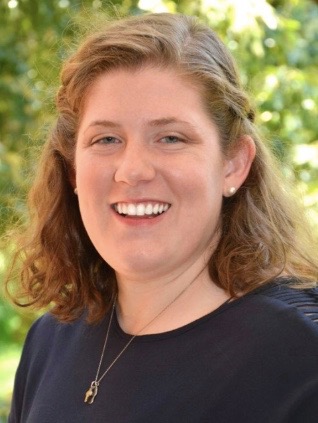
The response to the COVID-19 pandemic has placed significant strain on the public health workforce. While there has been substantial research on the impacts of pandemic response on patient-facing healthcare staff, the impacts of the response on the public health workforce are not well documented. The COVID-19 pandemic has impacted the continuity of essential public health services and the mental health of the public health workforce. However, there are factors that can be supportive of both immediate and long-term protection of the public health workforce’s sustainability and wellbeing, which are essential in light of the risk of future emergencies.
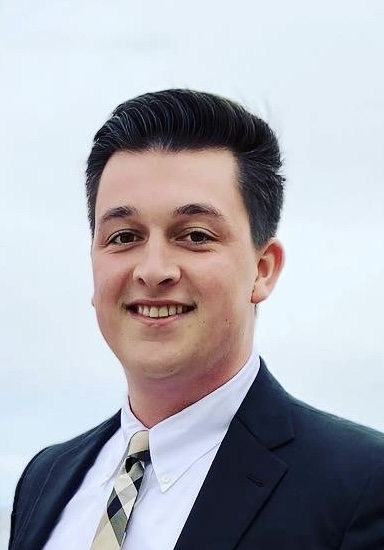
Photodynamic therapy (PDT), which involves the photoinduced sensitization of singlet oxygen (1O2) is an attractive treatment for certain types of cancer. The development of new photochemotherapeutic agents remains an important area of research. Macrocyclic tetrapyrrole compounds including porphyrins, phthalocyanines, chlorins, and bacteriochlorins have been pursued as sensitizers of singlet oxygen for PDT applications but historically are difficult to prepare/purify and can also suffer from high non-specific dark toxicity, poor solubility in biological media and/or slow clearance from biological tissues. In response to these shortcomings, we have developed a series of novel linear tetrapyrrole architectures complexed to late transition metals as potential PDT agents. We find that these dimethylbiladiene (DMBil1) tetrapyrrole complexes can efficiently photosensitize generation of 1O2 oxygen upon irradiation with visible light, when metalated with palladium (Pd[DMBil1]). To extend the absorption profile of the Pd[DMBil1] platform, alkynyl-aryl groups have been conjugated to the periphery of the tetrapyrrole using Sonogashira methods. Derivatives of this type containing ancillary phenyl (PdDMBil–PE), naphthyl (PdDMBil–NE) and anthracenyl (DMBil–AE) groups have been prepared and characterized. A second derivative was synthesized utilizing an anthracene bridge to link the two dipyrrin units of the biladiene framework (Pd[DMBil2-AE). A third suite of derivatives was prepared using Heck coupling to extend conjugation through alkenes, rather than alkynes, while also altering the electronics of the aryl system to affect the photochemical properties of the biladiene platform (Pd[DMBil3–R]). Extension of the tetrapyrroles conjugation successfully redshifts the absorption of the Pd[DMBilX–Ar] family of biladienes further into the phototherapeutic window (i.e., 650–850 nm), which is the spectral range that most deeply penetrates epithelial tissues. Photochemical sensitization studies demonstrate that our series of new palladium biladiene complexes (Pd[DMBilX–Ar]) can sensitize the formation of 1O2 with quantum yields ranging from = 0.01 – 0.94 upon irradiation with light of > 600 nm. The improved absorption properties of the Pd[DMBilX–Ar] complexes in the phototherapeutic window, together with their high 1O2 quantum yields highlight the promise of these compounds as potential agents for PDT and other photomedicine applications.
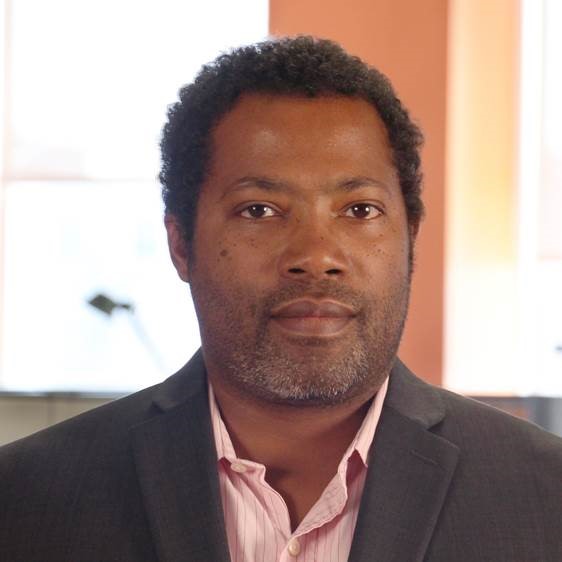
Finding Clotilda: Preliminary Investigations: When cultural erasure is accelerated by climate related environmental change, what happens to the stories and memories of the past? is an effort to raise awareness of pre-colonial and slavery era sites and artifacts which are being degraded, eroded and erased by the sea level rise and coastal erosion caused by climate change. It is as much about chronicling disappeared communities and disappearing spaces through research-based visual art, as it is about communicating the unique poetics and emotional content of these environments.

This lecture will give an insight into a personal perspective on online counter culture. During the past year broadcasting software was used for DJ sets, art shows, and for elaborate concerts. This creative time was pushed to the limit by an exploration of sound, noise, animation, and various other multimedia creative outlets. Niche online cultures and aesthetics have flourished this past year from hyperpop dance parties to full blown noise fests but with that the goal of this talk is to answer the questions that arise in this digital wasteland: What things are left unheard in the online space in comparison to the physical space? What do you do when you have limited resources and materials? Has the pandemic shifted digital art to be a legitimate form of “high art”, or will there always be a bias towards digital art?
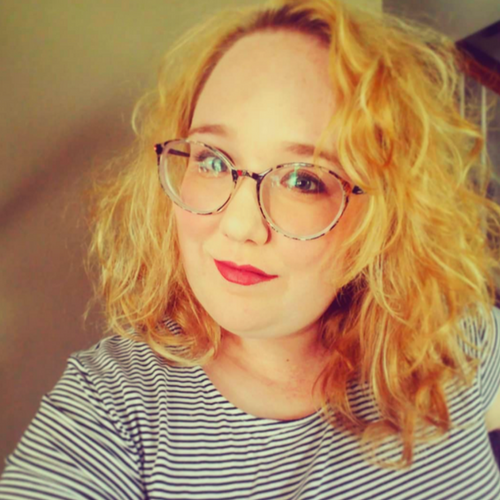
The Progressive Era was a time of social, political, and cultural upheaval. Years of unprecedented immigration and industrialization, the end of Reconstruction and the formation of Jim Crow, growing disparities between rich and poor and “native” and new comer, as well as questions as to the country’s role as a global imperial force in the wake of American wars in Cuba and the Philippines and World War I all raised questions of who and what was American. During this time a group of American designers, educators, industrialists, and journalists came together to promote a new and “distinctly American” style of women’s fashions. This “war of fashion independence” sought to overthrow France as the arbiter of style for American women. Behind the calls for patriotic support of American made and designed clothing were overlapping and contradicting beliefs in nationalism, nativism, suffrage, white supremacy, and eugenic theory which guided the actions of a campaign and its supporters and the styles of clothing they made. Through the campaigns for an “American Fashion for American Women” we see how our clothing both revealed and shaped political and cultural thought in America’s Progressive Era.
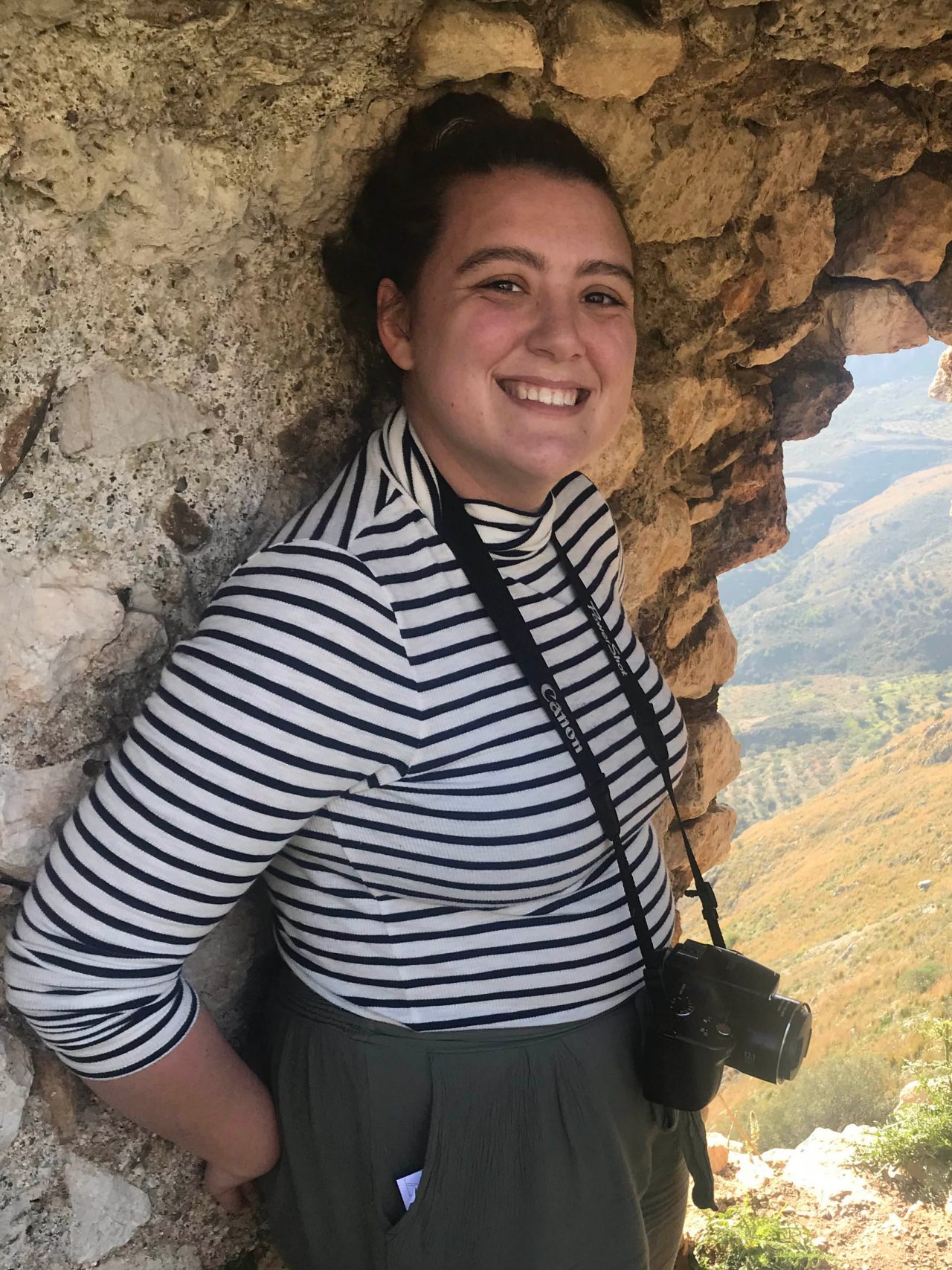
When historic landscapes are preserved, often the first course of action is often stabilizing and restoring the built environment, like paths and statuary, with plantings swapped out for less high-maintenance species. However, for Arts and Crafts landscapes like the works of Marian Cruger Coffin, one of the country’s first professionally-trained female landscape architects, the plant palette plays a vital role in the character of the space. Gibraltar, located on the edge of downtown Wilmington, Delaware, is one such landscape. This work examines how we might restore the planting plans to Marian Coffin’s original intent while balancing the space’s current management, environmental, and social needs.
